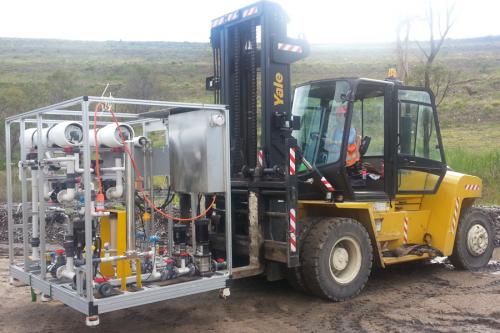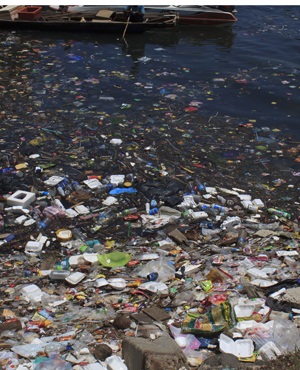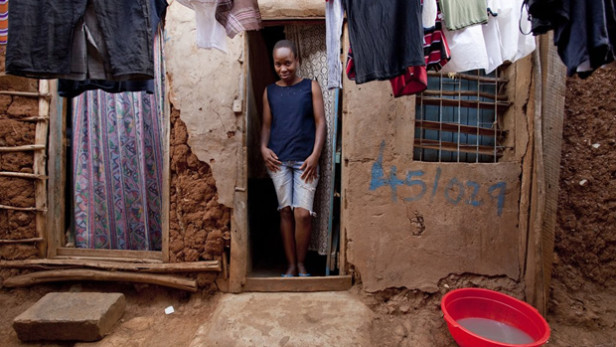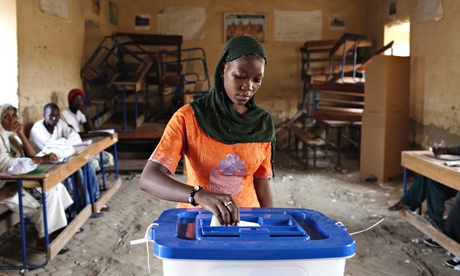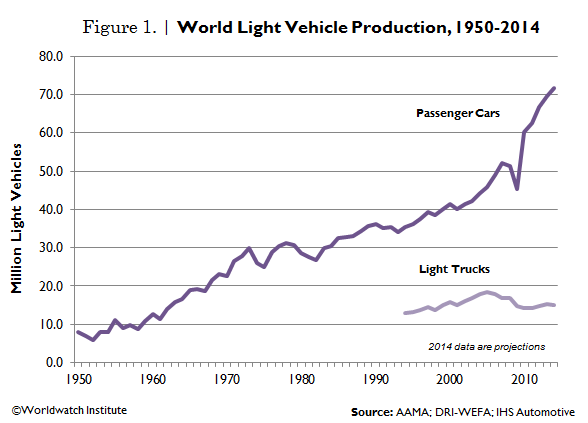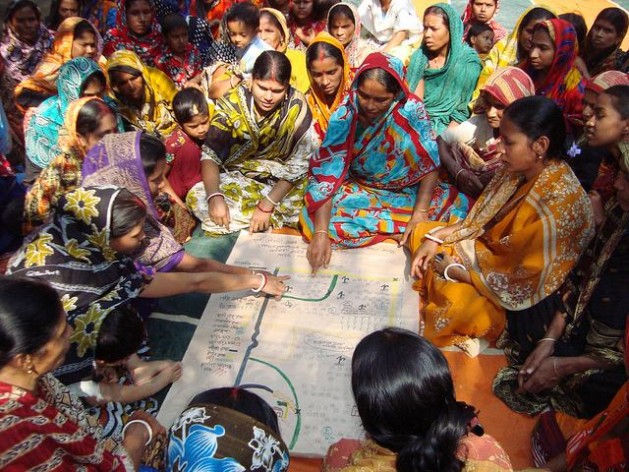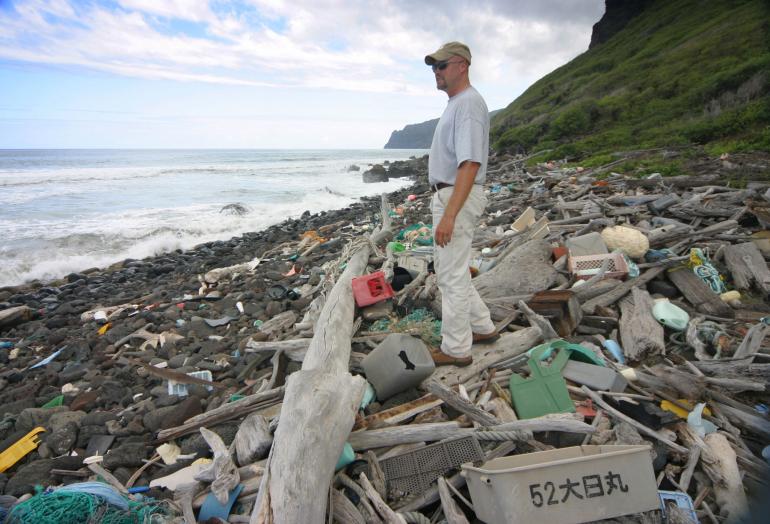Facebook Posts
Submitted by shermmarshall on
Plastic waste causing $13bn in damage: UN
Submitted by shermmarshall on
What does it mean to be poor?
Submitted by shermmarshall on
The literacy injustice: 493 million women still can't read
Submitted by shermmarshall on
Auto Production Sets New Record, Fleet Surpasses 1 Billion Mark
Submitted by shermmarshall on
Senate Award Certificate Finalist for Most Innovative Product or Service
Submitted by Thanasi on
Sustainable development goals face $2.5 trillion funding shortfall
Submitted by shermmarshall on
Experts urge urgent action to cut climate pollutants
Submitted by shermmarshall on
Community Resilience Tops U.N.’s Disaster Relief Agenda
Submitted by shermmarshall on
Great Pacific Garbage Patch: Scientists Can't Find A Lot Of The Plastic They Know Is In The World's Oceans
Submitted by shermmarshall on



